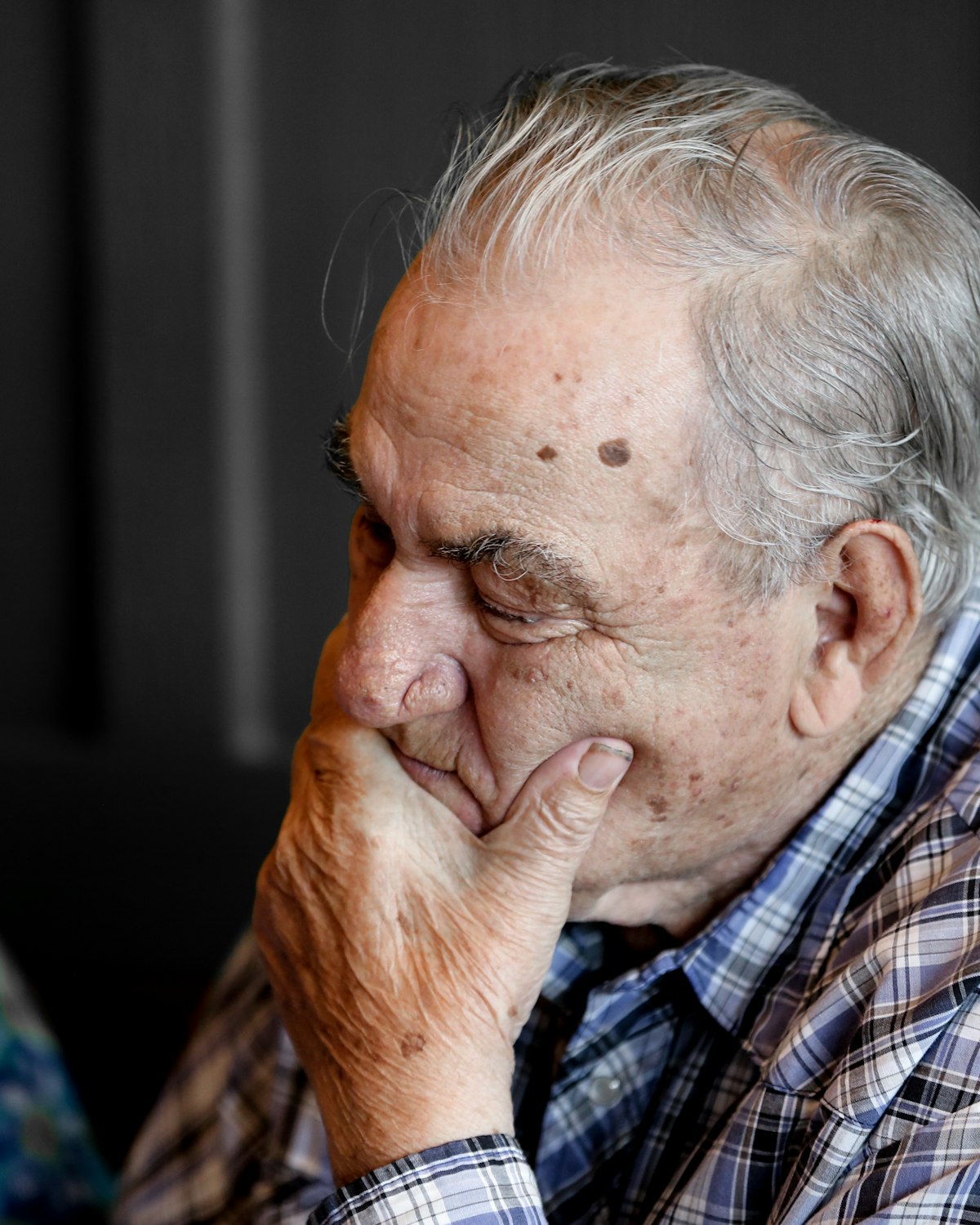Person Centered Dementia Care
Learn about person centered dementia care, an approach that treats individuals with dementia as unique individuals, taking into account their preferences and needs.

Welcome to the world of Person-Centered Dementia Care
Today, we're diving into the concept of person-centered care in dementia, brought to you by Caregiver Relief. Person-centered care is an approach that transcends healthcare professionals and extends to all caregivers. It encourages us to view individuals with dementia not as patients defined by their illness but as unique beings with their own qualities, preferences, and needs.
In this approach, we prioritize treating individuals with dementia with the utmost dignity and respect. While memory and cognitive abilities may diminish over time, the person's entire history and identity remain intact. So, how do we implement person-centered care in the early stages of dementia?
Creating a Person-Centered Care Profile
One effective way to start is by developing a person-centered care profile. This profile acts as a treasure trove of information about your family member, allowing you to understand their life history, experiences, likes, and dislikes. By learning their stories, you gain insights into what memories are dear to them. This knowledge forms the foundation for providing continuous and improved care, whether at home or in any other setting.
But the benefits don't stop there. A person-centered care profile also equips those unfamiliar with your family member with valuable insights, facilitating better communication and a higher likelihood of success in ensuring their comfort. Additionally, it helps in managing negative or challenging behaviors effectively, ultimately enhancing your family member's quality of life.
Starting Your Person-Centered Care Profile
At Caregiver Relief, we've developed a simple and effective way for you to begin creating a person-centered care profile right at home. This process may take some time, but it can be a fun and enjoyable experience for both you and your family member. Stimulating memories can involve various activities, such as using music, photos, cherished objects, and memorabilia.
Family gatherings are also excellent opportunities to delve into family history and gather memories. During conversations, show a genuine interest, go through old photos, ask open-ended questions, and encourage detailed responses. Remember not to push too hard, as it's essential to create a comfortable and inviting atmosphere.
Engage family and friends in the process. Encourage them to share their memories and stories. You don't need to focus on every small detail; instead, look for general information and emotions that might trigger other memories in your family member.
In the context of dementia care, a person-centered care profile becomes an invaluable tool. It aids in planning activities, preventing challenging behaviors, and assisting other caregivers in engaging with your family member. It promotes communication, helps build relationships, and fosters connections with outside caregivers.
Developing a person-centered dementia profile may require time and energy, which can be challenging for caregivers with busy lives. However, investing this effort in the early stages of dementia will alleviate stress in the later stages when your time and energy become even more precious.
Remember, quality dementia care starts at home. Caregiver Relief is your number one resource for information and support when caring for someone with dementia.
Start your journey toward person-centered dementia care today.
Our Resources section can help you find the information and tools that you need. We have courses, videos, checklists, guidebooks, cheat sheets, how-to guides and more.
You can get started by clicking on the link below. We know that taking care of a loved one is hard work, but with our help you can get the support that you need.
Click here to go to Resources Section now!
You might also like this article:







